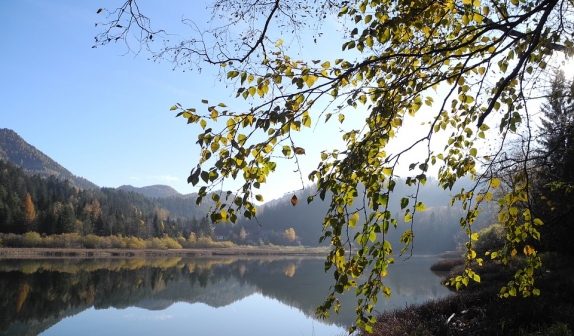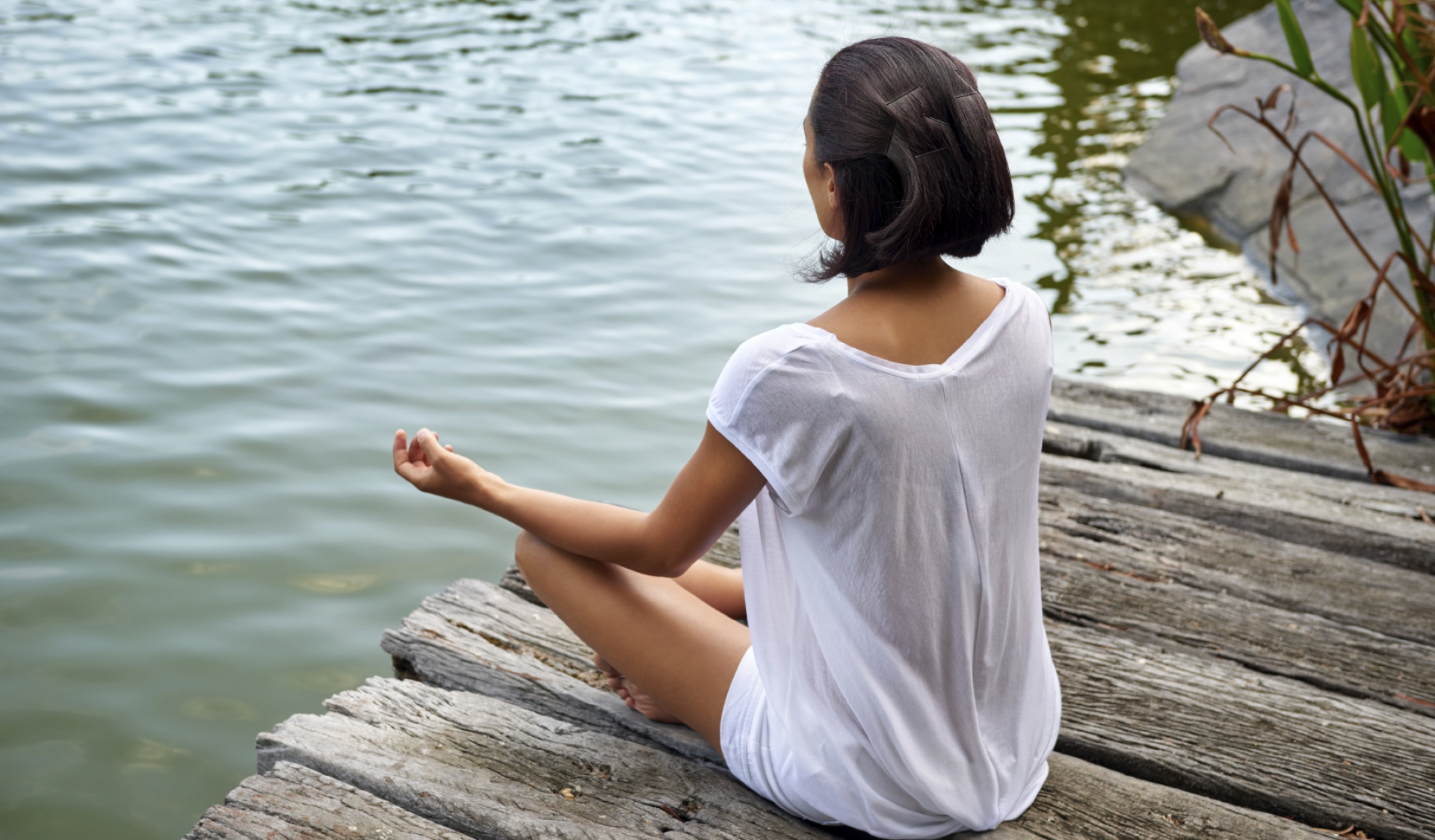
Modern life is noisy: in the streets, in our workplaces and even in our homes, background noise can always be heard, so much so, that to many, silence brings out a sort of horror vacui in them. It's as if without noise they would feel uncomfortable, and they don't hesitate to turn on devices which emit voices or music, even if they don't pay them any attention.
But the reality is that the excess noise is detrimental to our well-being. Any sound above 30 decibels has a harmful effect on the body and, consequently, on the psyche. So noise is one of the factors which produces the most stress.
It's therefore not surprising that in our free time we look for places where there is peace and quiet, normally in touch with nature. Silence increases the quality of sleep, which is essential in order to "recharge our batteries". It improves our immune systems and our capacity for concentration, reducing blood pressure and levels of cortisol and adrenaline in the blood, and it contributes to good hormonal regulation.
GALLERY-TAG
Benedictine monasteries, in whose rules silence is essential, have been, in years gone by, places to retreat to for those who are seeking to distance themselves from "worldly noise" and focus on listening to themselves, appreciating the real world without the filter of ego.
These oases of silence are replicated in spas and fitness centres, where care for the body also produces an effect in the mind which provides a true state of well-being.



